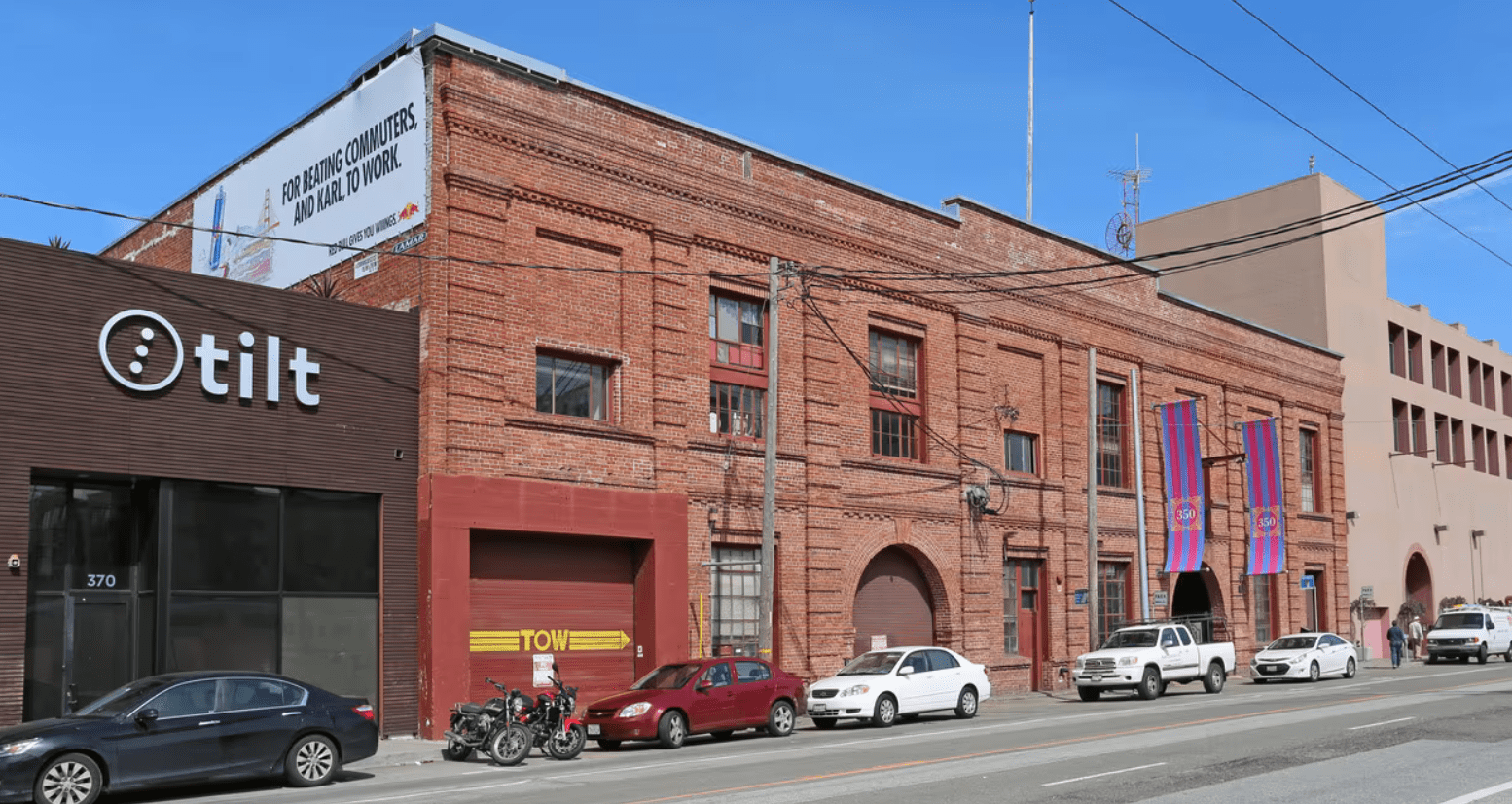BLS, ACLS, PALS, First-aid and CPR Classes in San Francisco – Mission Bay
Course Registration
Safety Training Seminars offers American Heart Association CPR, BLS, ACLS, and PALS courses in San Francisco Mission Bay, CA. This San Francisco CPR training office is close by the the following communities in San Francisco: Dogpatch, Downtown, Mission Bay, and Potrero Hill.
If you live in SF, you can take a BLS, ACLS, or PALS course near you. We can teach CPR & First-aid classes at your location any day of the week. Ask us about our group discounts.
If you are already registered for a course, please read the important information below about your upcoming course.
Important Information About Your Upcoming Course In San Francisco
Directions & Entry Information to San Francisco (Mission Bay) CPR Classroom
Mandatory ACLS/PALS Videos To Watch Before Your Course
Our studies have shown that those who watch the below videos before their skills testing spend less time in the classroom. Please spend a few minutes watching the videos below, and you will have a speedy & efficient class. You do not need to watch these videos if taking BLS or CPR & first-aid.
RQI Online Course – What to Expect
We send out the online courses 3 times per day between 8 am and 5 pm. You must use a computer or tablet while taking the American Heart Association online course (a phone will not work).
The online course is adaptive to your current level of knowledge. As such, the length of the online course is variable depending on your experience and skill level. (BLS: 1-2 hours, ACLS or PALS 3-4 hours). You can start and stop the course as you wish (you do not need to complete the course all at once).
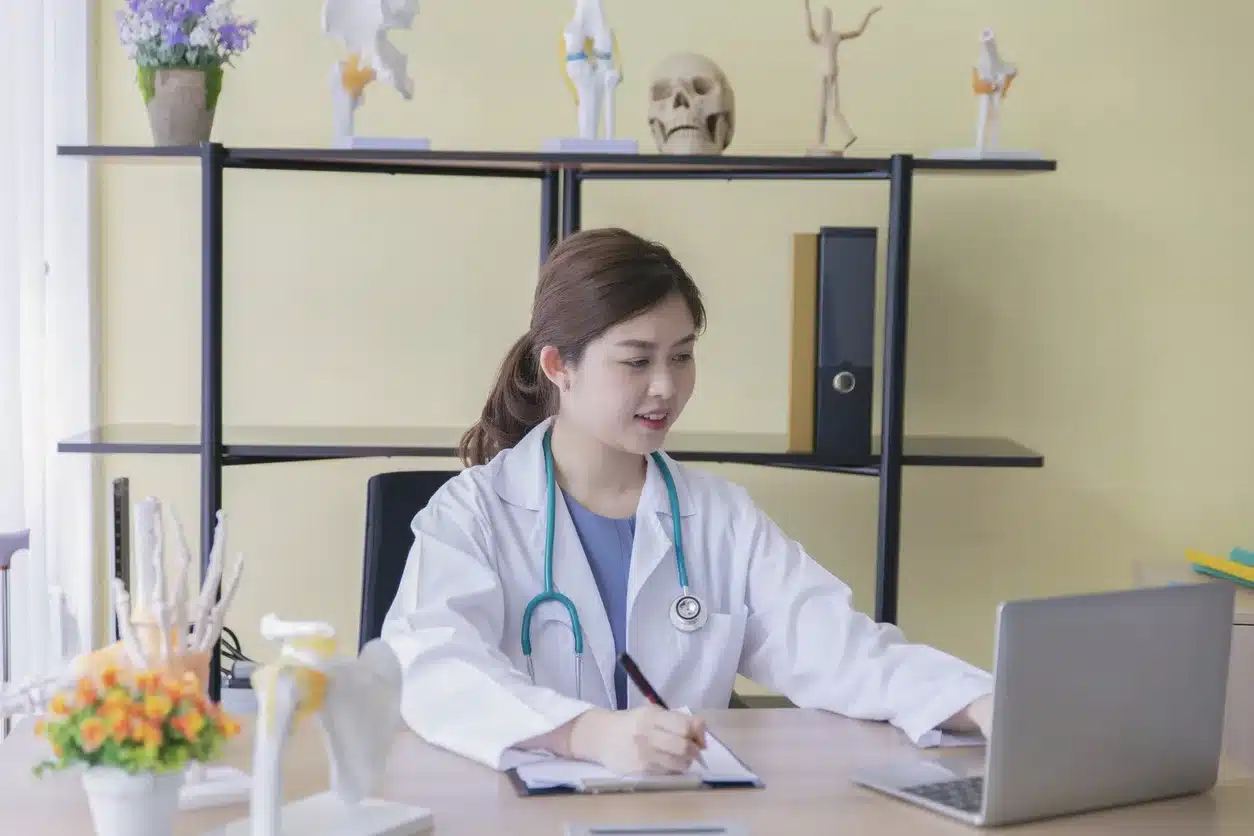
BLS, ACLS, OR PALS - What to Expect
Are you taking the BLS, ACLS or PALS course? Show up to your testing location on the registration date and time you selected with your RQI login and the entry instructions that were texted/emailed to you. After you put on a pair of gloves, enter your login and password on the computer (use the keyboard or touch screen). Follow the on screen directions to activate your skills session.
The VAM (voice assisted manikin) will guide you through the skills testing. An instructor will not be present, but you can call our office during your session if you have any questions. We have a dedicated and friendly team to help you if you need assistance.
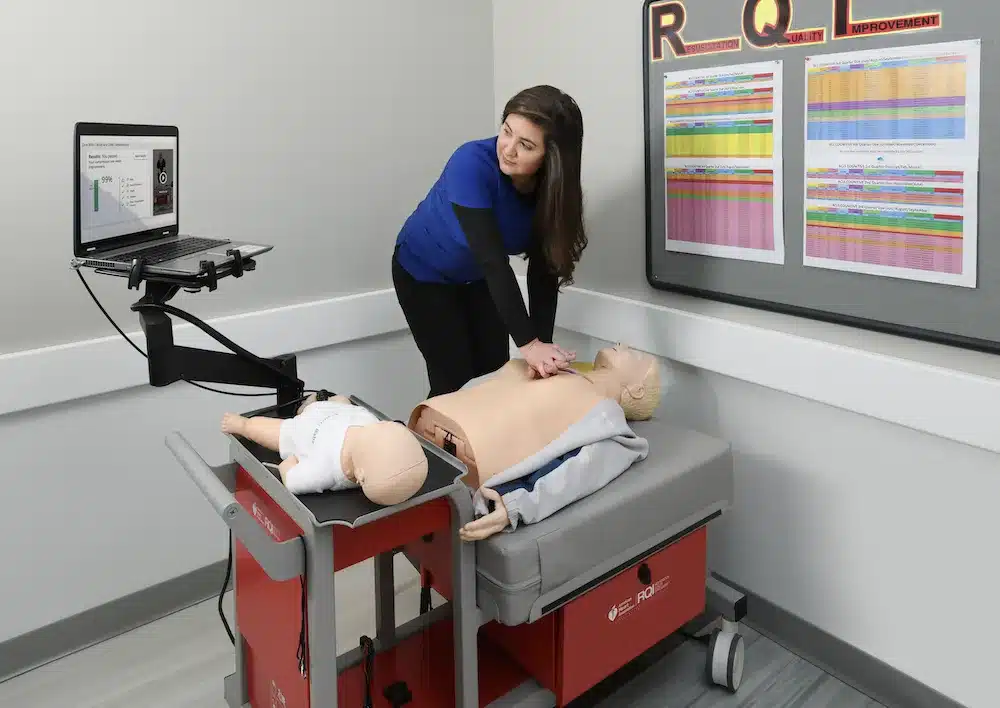
CPR and First-aid Course - What to Expect
Are you taking the CPR and First-aid course? Show up to your testing location on the registration date and time you selected. Bring your phone and the instructor will contact you by text or the cameras in the room to start your skills testing.
Our virtual American Heart Association instructor will guide you through the skills and you will receive your certification card on the day of the class.
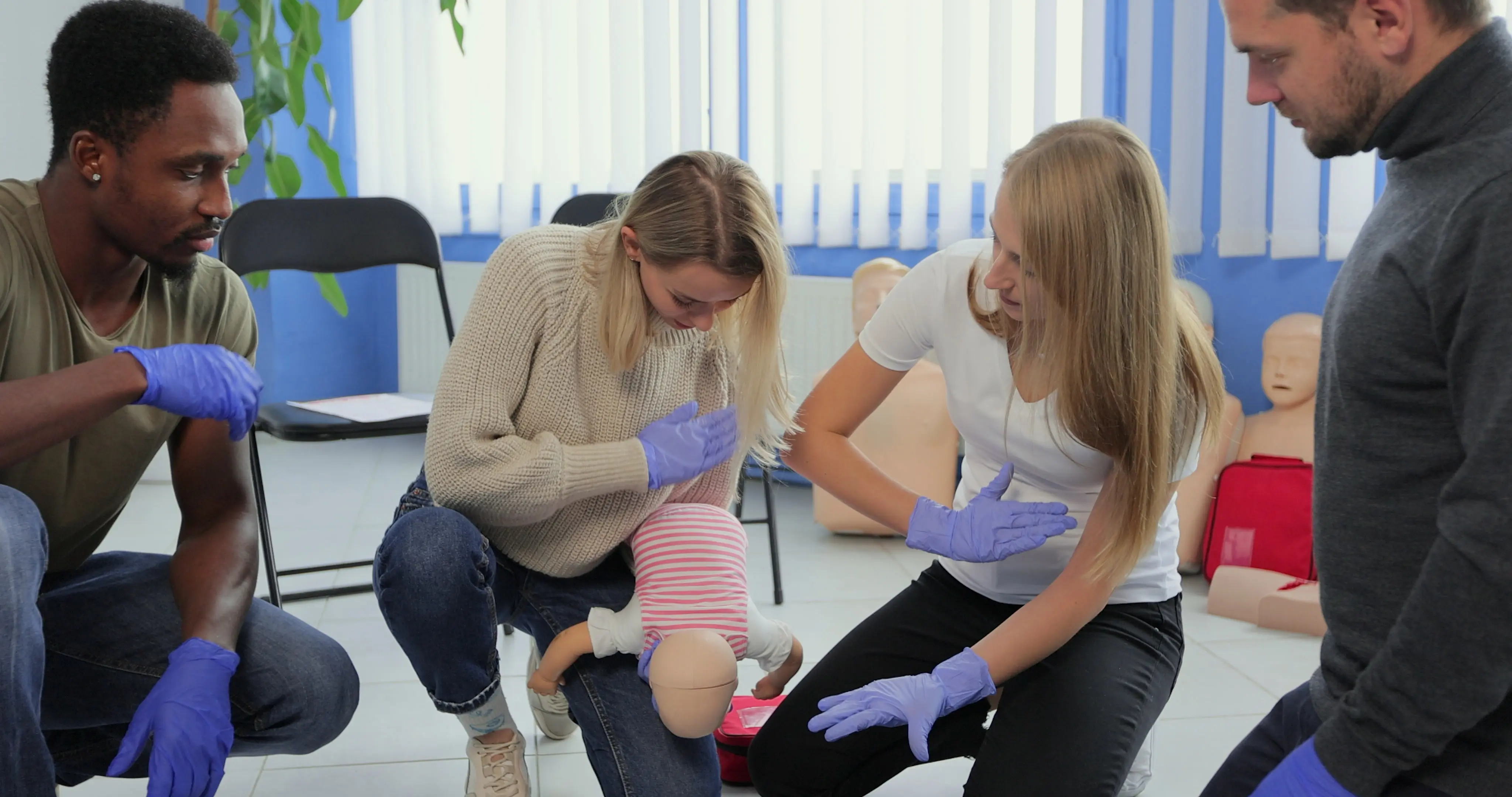
Free Keychain CPR Mask
On the day of the course, you can pick up a free keychain CPR training mask. They come in many assorted colors.
CPR masks are an important part of performing CPR. When practicing universal precautions, it is best to use a CPR breathing mask to be on the safe side.
After your American Heart Association training, please write a review for us on Google, Yelp, or Facebook. We are a women-owned business and reviews help us out a lot. Thank you.
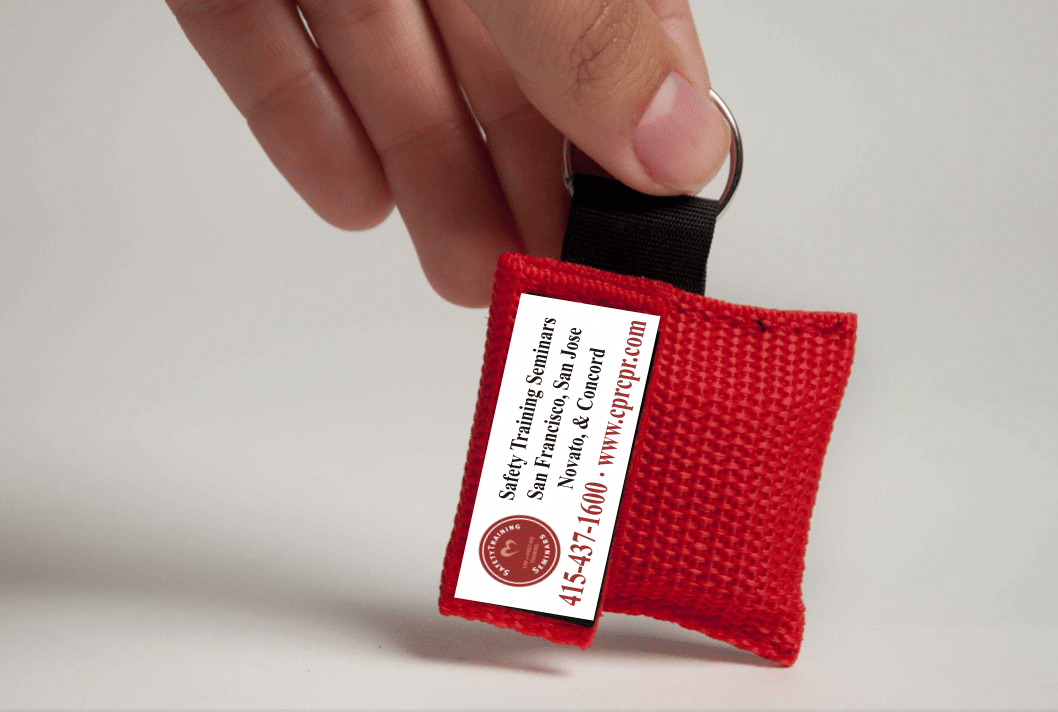
Performing CPR is Physically Exhausting
By registering for a class, you understand that performing chest compressions on the manikin can hurt your hands, wrists, arms, or body. If you have any pre-existing physical limitations (pain, carpal tunnel, weakness, or injury), we suggest you wait until you are feeling better.
If you become tired or run out of time and need to come back to complete your skills, call our office. We can reschedule you for no extra fee. Or you can stay in the room to finish up your skills.
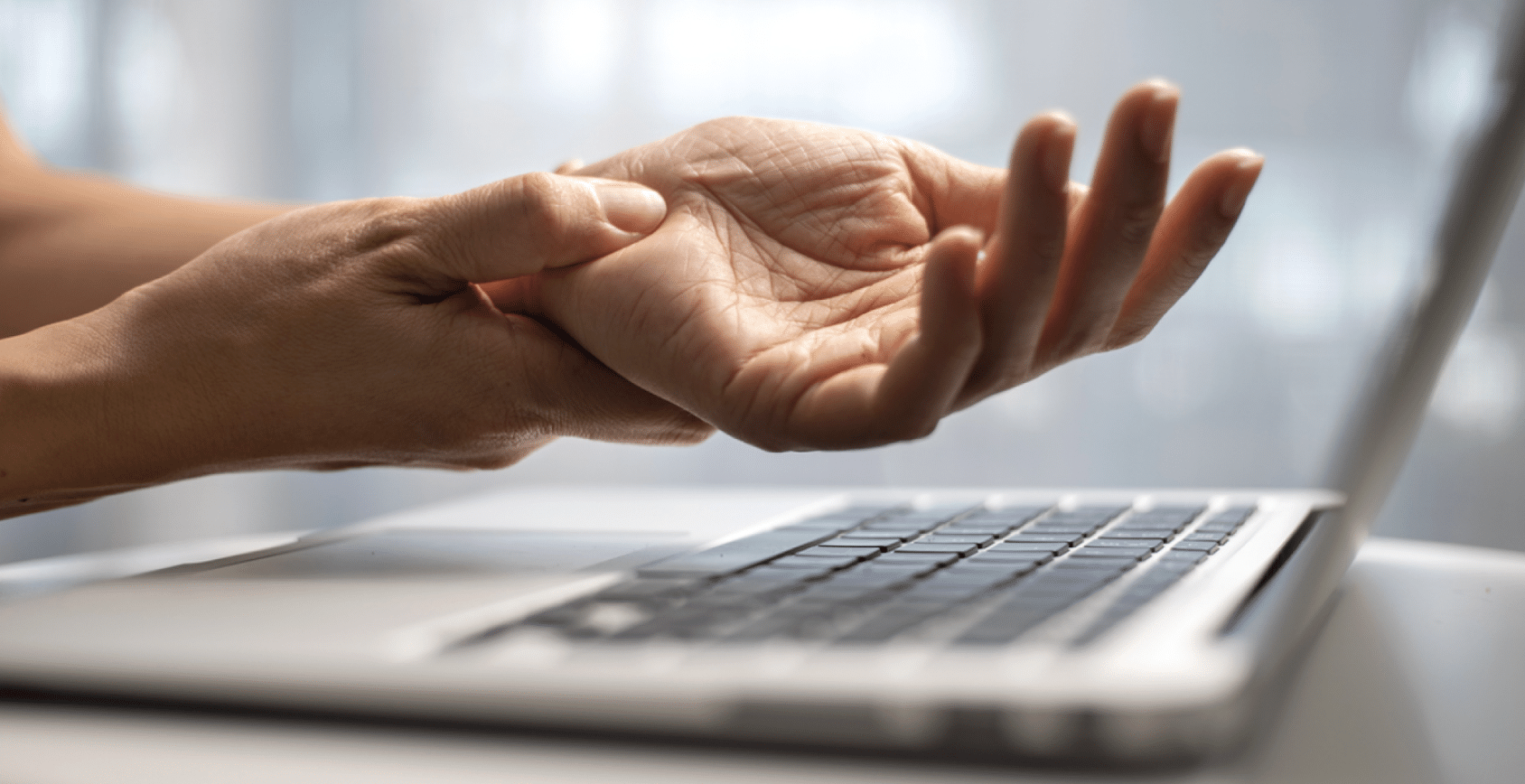
Reschedule Your Course
Reschedule/Cancellation Policy
We do not offer refunds after you register. However, you can reschedule your course by paying the $30 reschedule fee each time you need to reschedule.
Pay The Rescheduling Fee Here
Reschedule Insurance
If you purchased the reschedule insurance at the time of booking, you can skip below to the reschedule form.
Reschedule Your Course Here
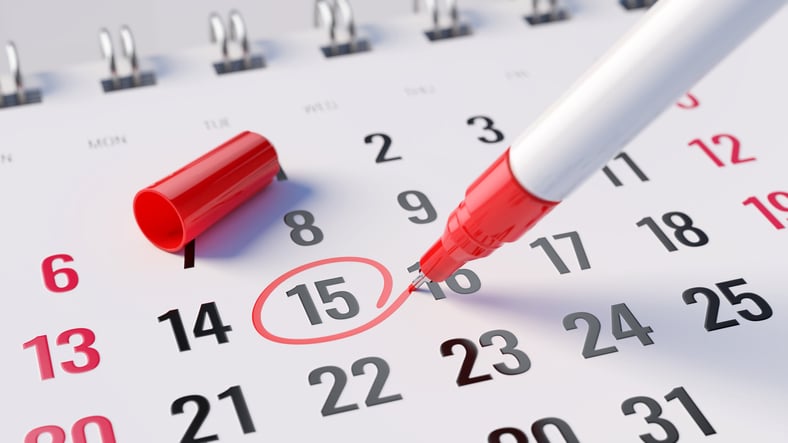
Your Certification Card & CE Credits
American Heart Association Certification Card
After you complete the skills testing, you will immediately receive the official American Heart Association certification eCard (valid for two years).
More Information About Claiming Your Certification Card
CE Credits
Some professions receive CE credits and some professions do not receive any credits. View the below link for information about CE credits.
More Info About CE Credits
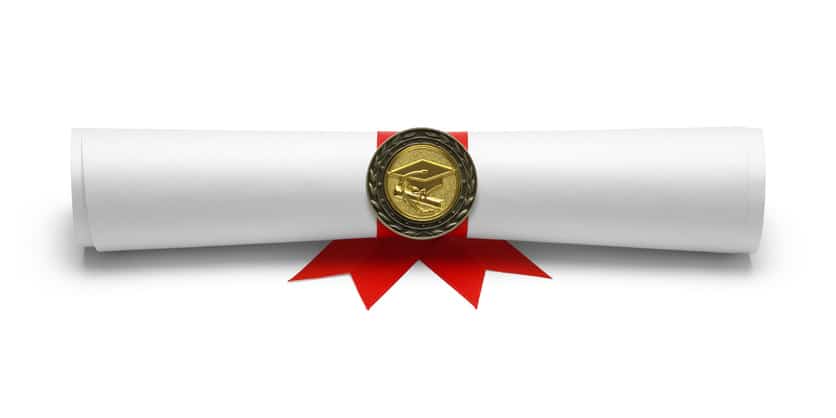
Group Classes At Your School/Company
Safety Training Seminars can come out to your place of business at any time on any day of the week to conduct BLS, CPR, and First-aid training courses. Our friendly instructors arrive on time, and bring out all the necessary supplies and equipment to conduct a fun and informative safety training course.
Alternative: If organizing a class at your location is complicated, you can send your staff out to take classes at one of our 60+ offices in Northern California. Ask about Promo Code discounts and billing options.
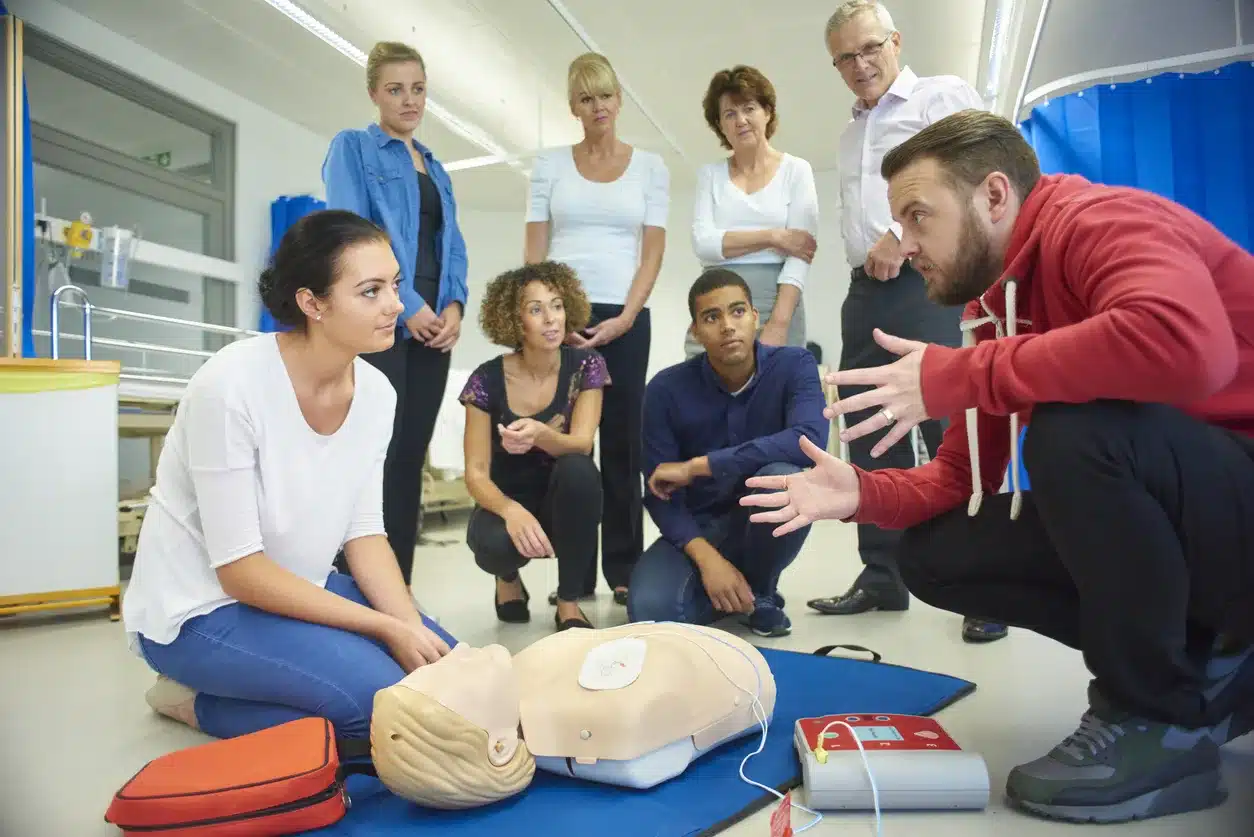
Review Us Online
After your American Heart Association training, please write a review for us on Google, Yelp, or Facebook. We are a women-owned business and reviews help us out a lot. Thank you.

CPR and First-aid Classes in San Francisco, CA
CPR and First-aid classes are essential life-saving skills that can make a significant difference in emergencies. In San Francisco, CA, there’s an abundance of these classes available for anyone interested, from medical professionals to ordinary citizens who wish to equip themselves with these crucial abilities.
Cardiopulmonary Resuscitation (CPR) is a lifesaving technique used in emergencies such as heart attacks or near-drownings, where someone’s breathing or heartbeat has stopped. By compressing the chest and performing artificial ventilation, it helps keep oxygenated blood flowing to the brain and other vital organs until further measures can restore regular heart function.
First-aid, on the other hand, is the immediate assistance given to any person suffering from either a minor or serious illness or injury. The aim is to preserve life, prevent the condition from worsening, and promote recovery. It involves initial intervention in a serious condition before professional medical help is available, such as performing CPR, cleaning minor wounds, or setting limbs in case of fractures.
There are various types of CPR and First-aid classes available. Some are designed for medical professionals, while others are geared towards the general public. They range from comprehensive courses that cover all aspects of First-aid and CPR, including Automated External Defibrillator (AED) training, to specialized classes focusing on particular areas like infant or child CPR.
The classes are typically structured around practical, hands-on training sessions guided by experienced instructors. This approach ensures that participants not only understand the theory behind these life-saving techniques but also can apply them correctly in real-life situations. Most classes incorporate the latest guidelines and best practices in their training, ensuring that participants are up-to-date with the most effective methods.
CPR and First-aid classes in San Francisco are often offered at convenient times and locations, with many providers offering evening and weekend sessions. Some also provide the option of online learning for the theoretical part of the course, followed by a practical session in person. This flexibility allows people to fit the training into their busy schedules.
The benefits of taking CPR and First-aid classes are manifold. Beyond the obvious advantage of potentially saving a life, these skills also boost confidence and preparedness in emergency situations. They empower individuals to act swiftly and effectively when every second counts rather than feeling helpless or relying solely on professional help that might be minutes away.
Moreover, many employers in San Francisco, especially in industries like healthcare, education, and construction, value these skills highly. In some cases, they are even mandatory job requirements. Therefore, having a certification in CPR and First-aid can increase job prospects and career opportunities.
In conclusion, CPR and First-aid classes play an essential role in fostering a community of responsible, empowered citizens capable of responding effectively to emergencies. In a bustling city like San Francisco, where incidents can occur unexpectedly, having these skills can make a real difference. Whether for personal growth, professional development, or the sheer ability to save lives, these classes are an investment worth considering.

